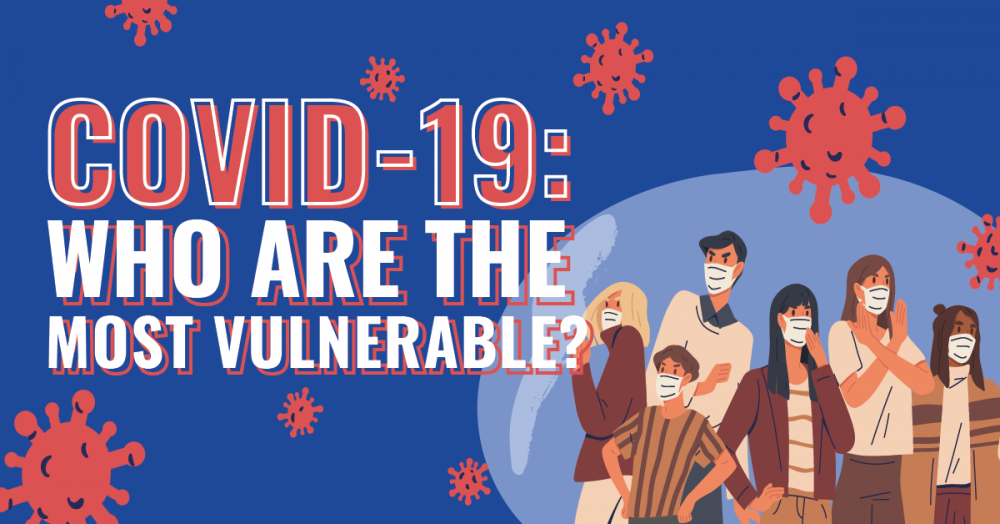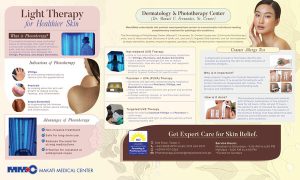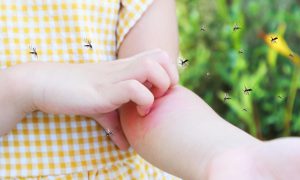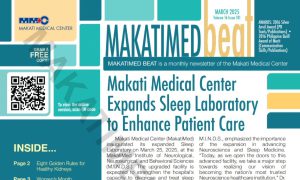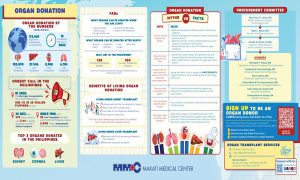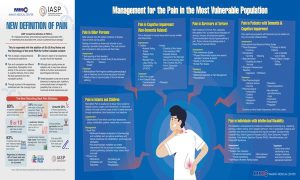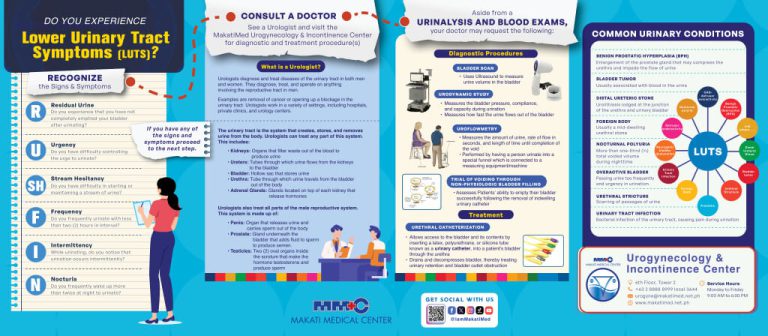The COVID-19 pandemic has created a public health emergency across the globe, with medical professionals, health experts, and scientists racing to not only treat people, but also uncover more information on the virus, including possible cures such as medications, as well as a vaccine.
SARS-CoV-2, the virus causing COVID-19, was first identified as the culprit behind a respiratory illness outbreak in Wuhan, China, in late 2019. Symptoms include coughing, fever, fatigue, and shortness of breath, manifesting anytime from two to 14 days after exposure.
Currently, the Center for Disease Control and Prevention (CDC) estimates that about 3.6% of all COVID-19 cases are deadly, with the mortality rate rising to 20% for people aged 80 years old and above. Treatment for the virus through a vaccine is not yet available—instead, medication is given to manage the patient’s symptoms.
It has become clear that nobody is immune to this virus. However, some groups carry a bigger risk of infection and even an increased chance of dying from COVID-19. It becomes all the more critical to identify these vulnerable groups to better protect them from the disease.
Risk Factors for COVID-19
This is because as people age, the body’s immune system begins to decline. This results in a decrease in their white blood cell count, with these cells also becoming more ineffective at identifying new pathogens.
Studies show that there is a steep decline in immune functions after reaching 70, making the elderly more likely to suffer from infection and develop related complications. Additionally, COVID-19 exhibits a behavior of damaging immune cells that can overcome the virus, making an elderly’s immune system more susceptible to it.
High-risk conditions include chronic lung disease, moderate to severe asthma, serious heart conditions, hypertension, and severe obesity (BMI of 40 and above). Other medical conditions that are not well managed—diabetes, renal failure, or liver disease—can also be grounds for an increased risk.
In addition, some treatments and medication—both for autoimmune diseases and other concerns like cancer and bone marrow or organ transplantation—can weaken a person’s immune response.
Viruses in the same family as COVID-19, as well as other viral respiratory infections like influenza, pose a higher risk of developing into more severe forms in pregnant women that may also affect the baby.
How to Protect the Most Vulnerable from COVID-19
The best way to protect these vulnerable groups is to avoid any chance of being exposed to COVID-19. Everyday preventive action can go a long way in averting the spread of COVID-19 to those most at-risk.
Flattening the Curve
It has become clear that the mortality rate of COVID-19 is especially high for vulnerable groups—the elderly, those with underlying medical conditions, the immunocompromised, and pregnant women.
During this public health crisis, it is critical to protect high-risk individuals from becoming infected. Something as simple as making adjustments to daily routines and habits can go a long way in reducing the potential exposure and infection of those who are most vulnerable and eventually curb the outbreak.
If you suspect that you or a loved one may have COVID-19 or are displaying symptoms of this infectious disease or may have been exposed to a confirmed positive case, please call the Department of Health hotline at (02) 8651 7800 local 1149 or 1150.

